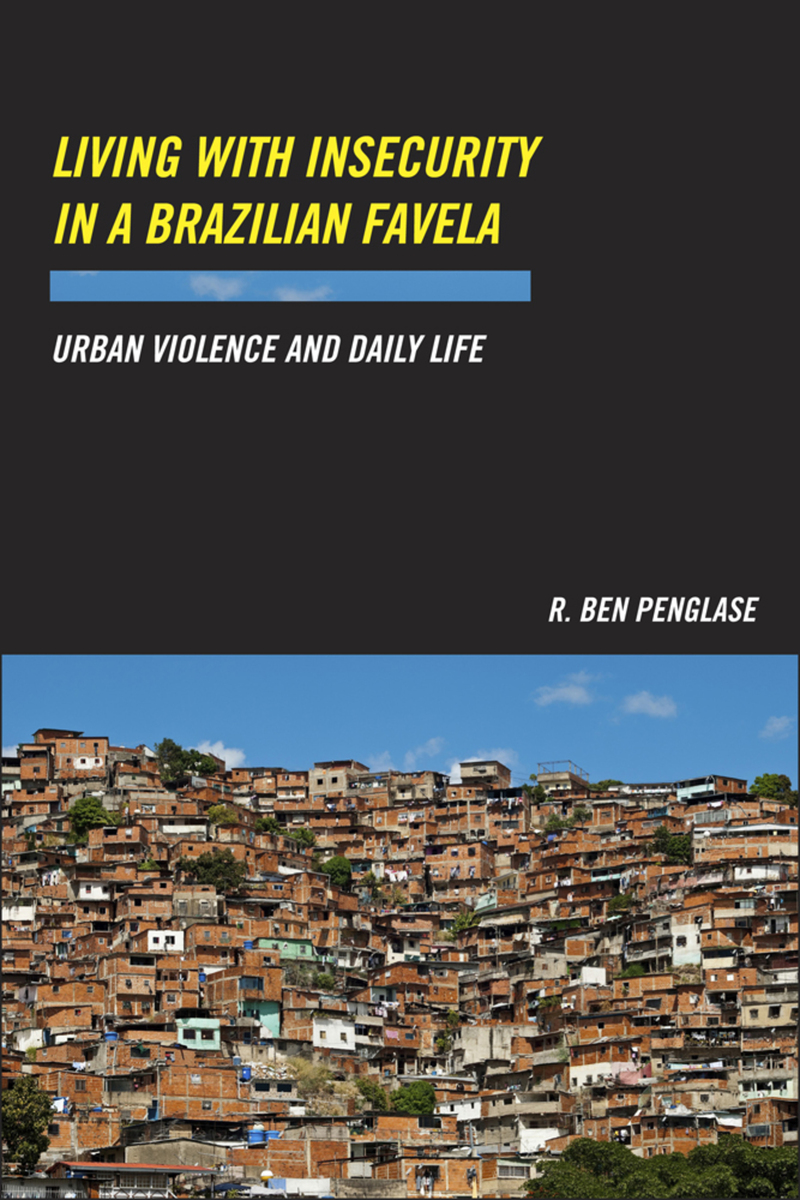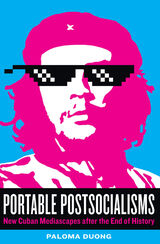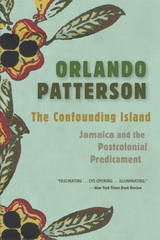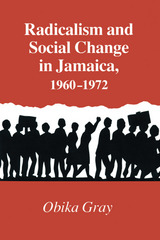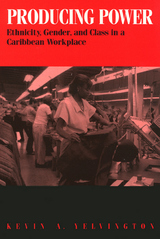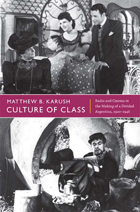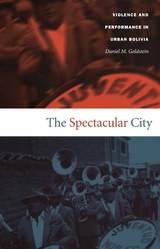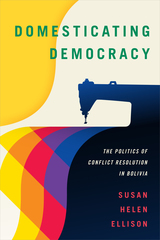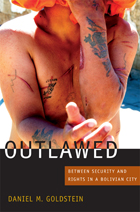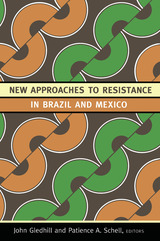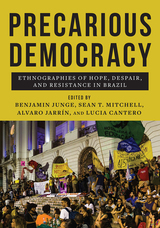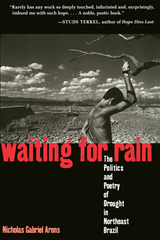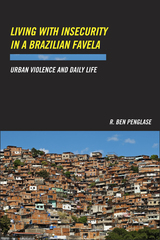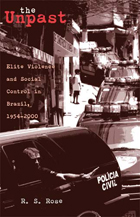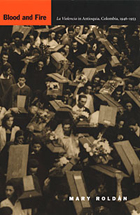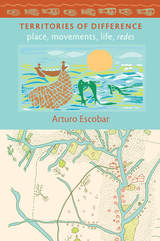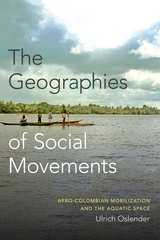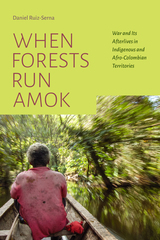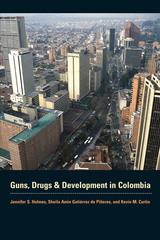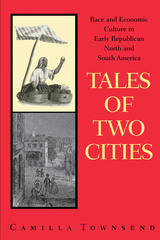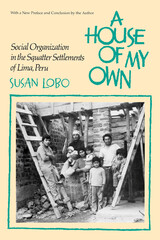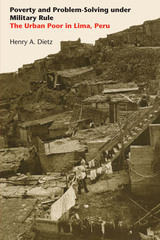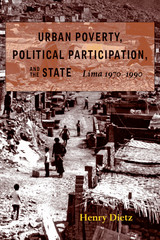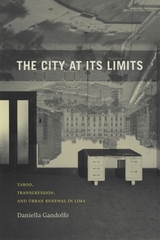Living with Insecurity in a Brazilian Favela: Urban Violence and Daily Life
Rutgers University Press, 2015
eISBN: 978-0-8135-7393-9 | Cloth: 978-0-8135-6544-6 | Paper: 978-0-8135-6543-9
Library of Congress Classification HN290.R5P46 2014
Dewey Decimal Classification 307.3364098153
eISBN: 978-0-8135-7393-9 | Cloth: 978-0-8135-6544-6 | Paper: 978-0-8135-6543-9
Library of Congress Classification HN290.R5P46 2014
Dewey Decimal Classification 307.3364098153
ABOUT THIS BOOK | AUTHOR BIOGRAPHY | REVIEWS | TOC
ABOUT THIS BOOK
The residents of Caxambu, a squatter neighborhood in Rio de Janeiro, live in a state of insecurity as they face urban violence. Living with Insecurity in a Brazilian Favela examines how inequality, racism, drug trafficking, police brutality, and gang activities affect the daily lives of the people of Caxambu. Some Brazilians see these communities, known as favelas, as centers of drug trafficking that exist beyond the control of the state and threaten the rest of the city. For other Brazilians, favelas are symbols of economic inequality and racial exclusion. Ben Penglase’s ethnography goes beyond these perspectives to look at how the people of Caxambu themselves experience violence.
Although the favela is often seen as a war zone, the residents are linked to each other through bonds of kinship and friendship. In addition, residents often take pride in homes and public spaces that they have built and used over generations. Penglase notes that despite poverty, their lives are not completely defined by illegal violence or deprivation. He argues that urban violence and a larger context of inequality create a social world that is deeply contradictory and ambivalent. The unpredictability and instability of daily experiences result in disagreements and tensions, but the residents also experience their neighborhood as a place of social intimacy. As a result, the social world of the neighborhood is both a place of danger and safety.
See other books on: Daily Life | Drug traffic | Living | Marginality, Social | Poor
See other titles from Rutgers University Press
